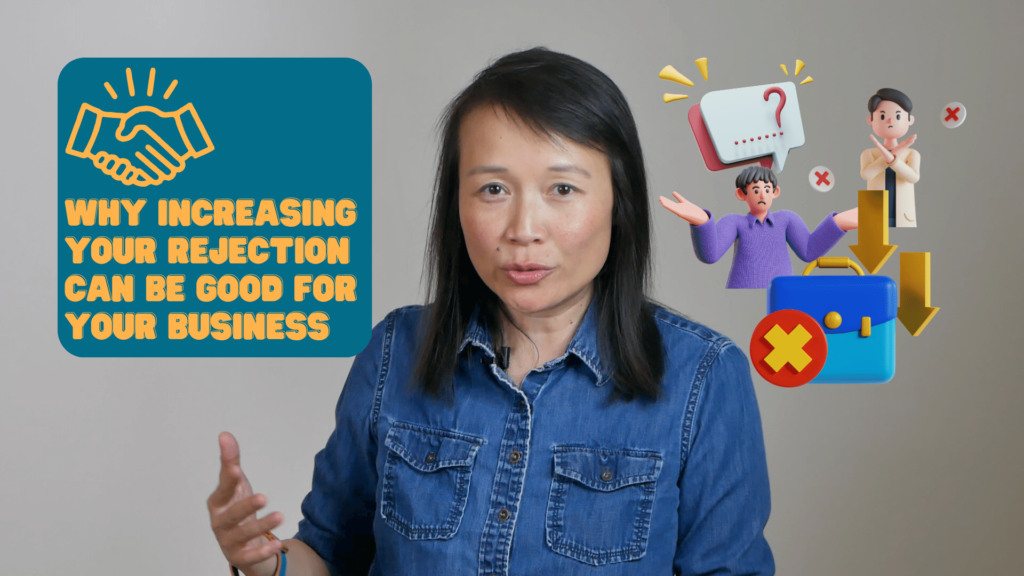
As a business owner, hearing “no” can be painful and yet necessary. I actually think that it can be helpful for business owners to hear “no”. Here are three scenarios in which it’s actually good to hear “no”.
No to my sales pitch
If I’m not getting enough “no’s”, then I’m not pitching enough. I did an analysis of my close rate, and I realized I was getting an 80% win rate, which means eight out of 10 people who I asked said “yes” to my request. I realized that is way too high. It means that I’m actually not asking enough people. I was playing it safe.
What is your “win” rate? How many people say “yes” to you versus how many people say “no”? I am aiming to increase the number of people I ask, which will inevitably lower my win rate, but I’m okay with that because I’m expanding my overall potential to gain new business.
No to my price
If some people aren’t telling me that I’m too expensive, then I’m probably not charging enough. I have to be okay with some people not being able to afford my services, just like I’m okay with the services that I can’t afford, so I go with other options.
This also requires you to know what is your bottom line price that you need to make for you to feel valued and compensated. If you’re willing to lower your price, are you going to feel resentful afterward because you did so? Once I said no to a good project, but they changed their scope of work, and it would’ve been much more expensive. They were saying no to my price, and I was okay with not changing my price to accommodate their needs.
No to your method or idea
Not hearing “no” enough means that your content is too generic. Getting “no” means that you are not trying to please everyone and you can focus on what makes you special.
There is a popular sales book called Getting to Yes, about how you overcome objections in sales pitches, and negotiations. I actually think that it can be helpful for business owners to hear “no” and be grateful about it rather than being super pushy.
When I started out my business, I tried to get as many “yeses” as possible. Saying “yes” in the beginning could help us figure out what we’re doing. I asked “who is willing to pay me something?”, because something is better than nothing. As my business progressed, and I got more focus, I realized I couldn’t say yes to everything because it would mean taking focus away from the work that I started the business for in the first place. So, don’t be afraid of getting no. We don’t always have to try to get to yes. This recently happened to me when a prospective client said they were “too advanced” and CuriosityBased workshops weren’t helpful to those who were “further along in their equity journey.” They’re spot on. Their “no” reflected how they wanted training workshops, which takes participants through a linear progression of different levels of mastery.
CuriosityBased designs experiences to enable people to have vulnerable conversations so they can learn from one another instead of from a single instructor. People have taken the same CuriosityBased workshop over and over again with different people and still learn something new each time. The idea that people can be “being further along” conflicts with my philosophy on learning. (You can read more here). Understanding this potential client’s “no” reminds me it’s okay not to compromise or change myself to get to a yes.
When I hear, no, it makes me think, what am I willing to do to get yes? What are they telling me?
I’m not saying you should aim to have 100% “no”. When you hear “no” though, it means you’re pushing yourself out of your comfort zone, which is important for you to focus and grow your business.
Also check out the blog post on “4 Surprising benefits to getting rejection.”

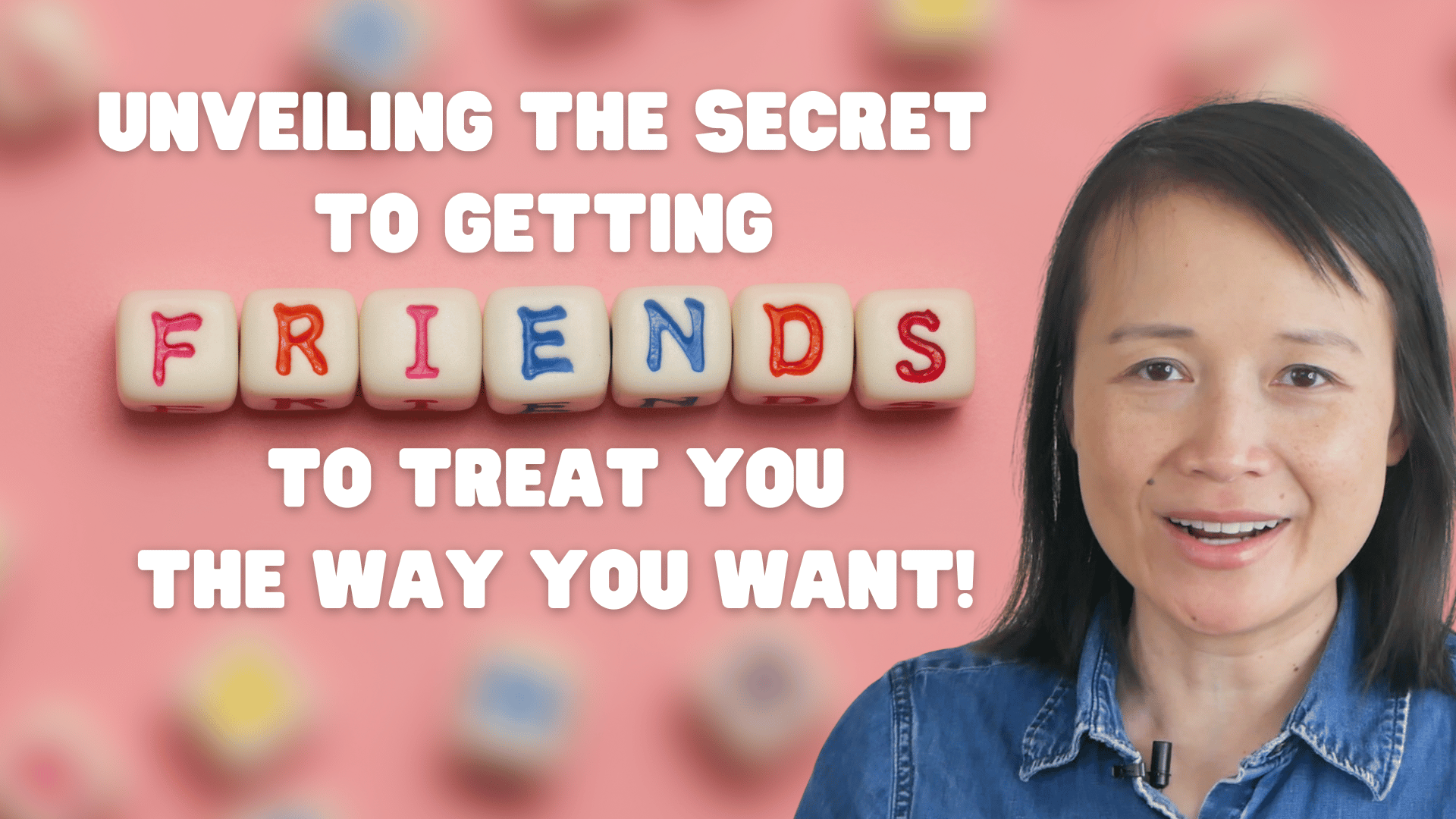
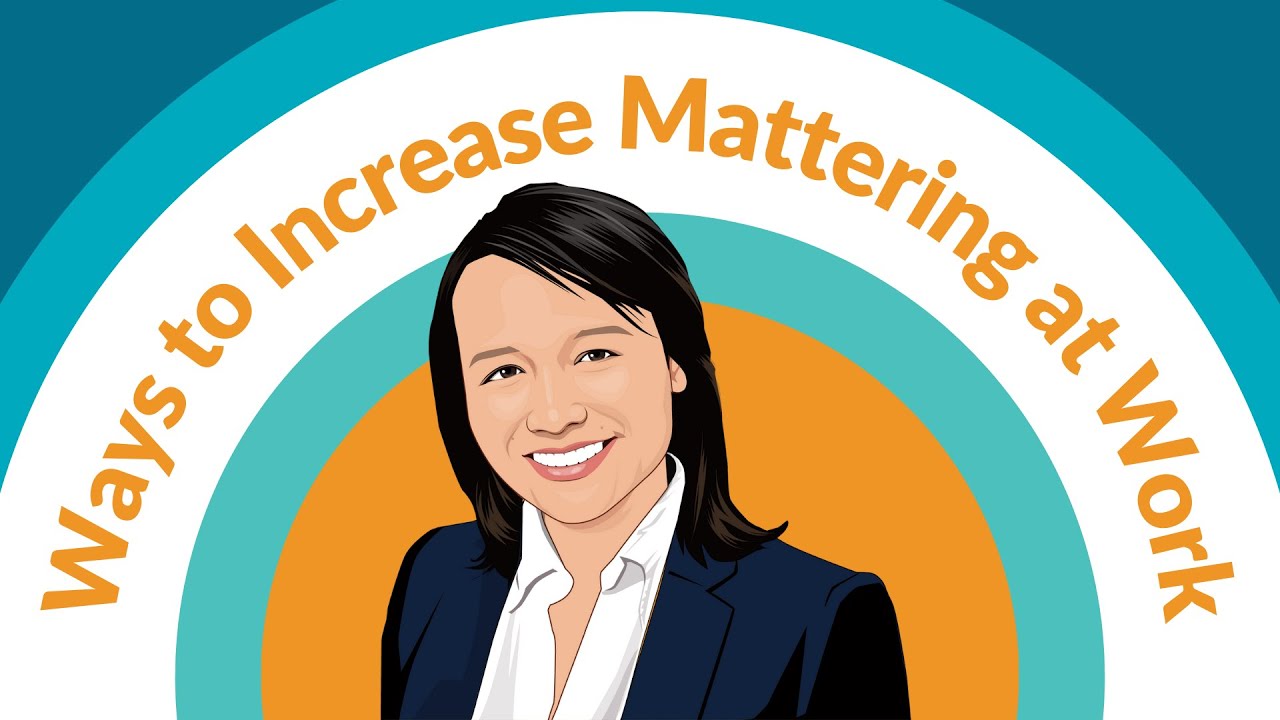
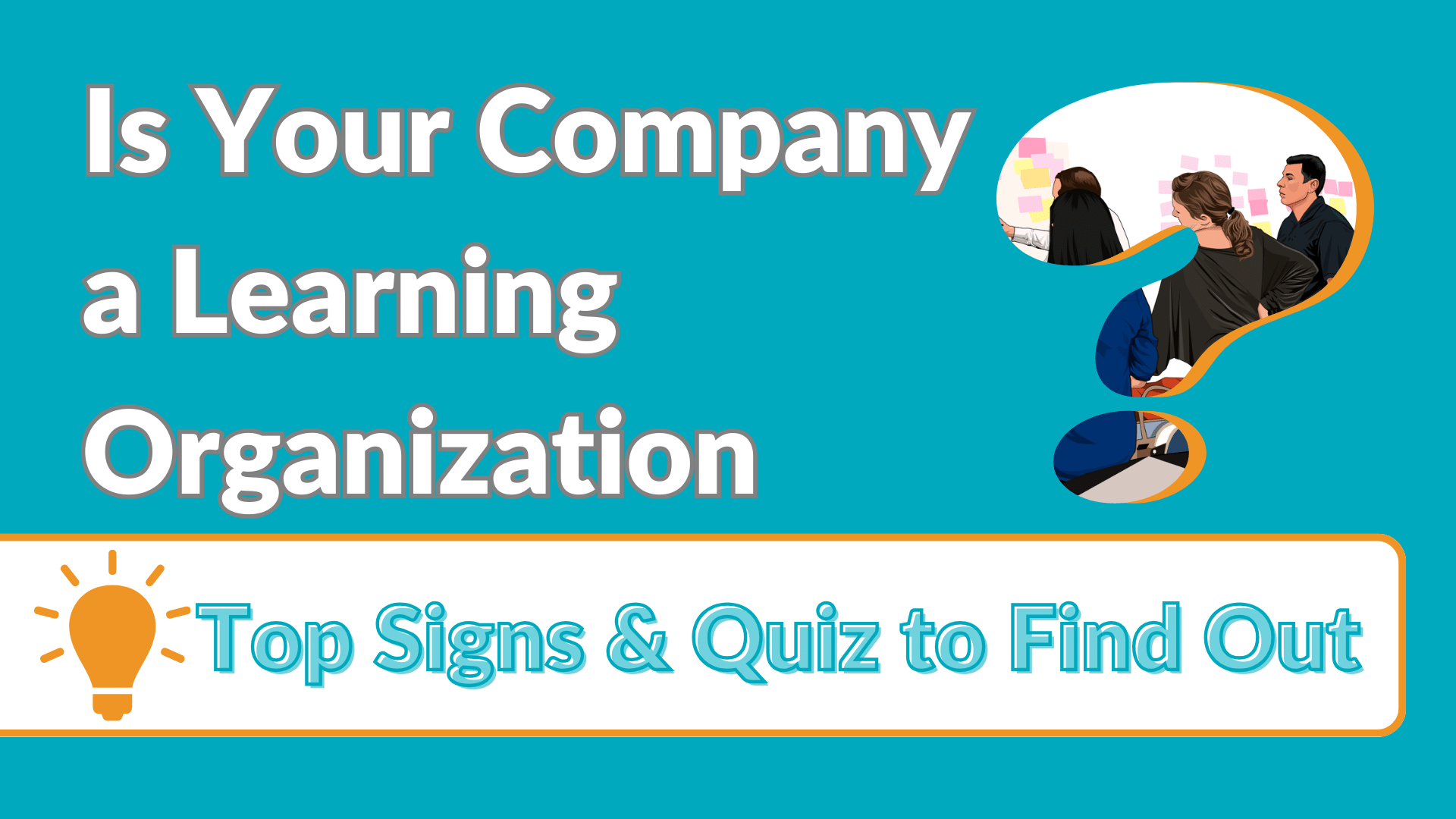
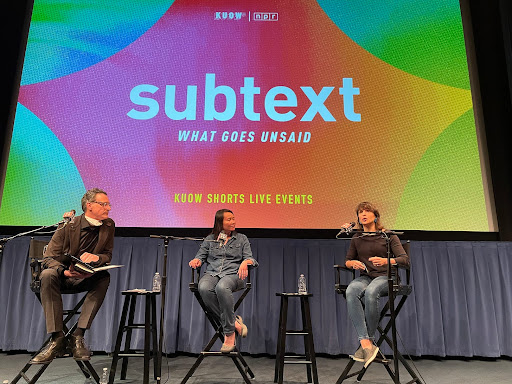

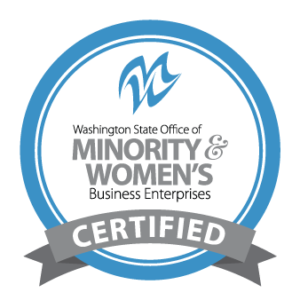
Leave a Reply